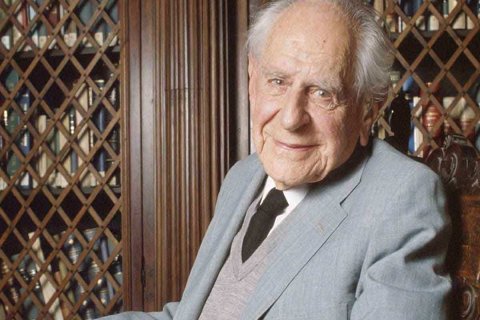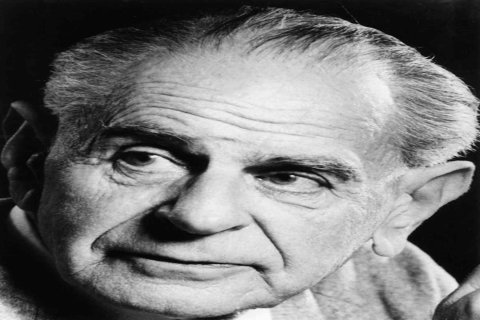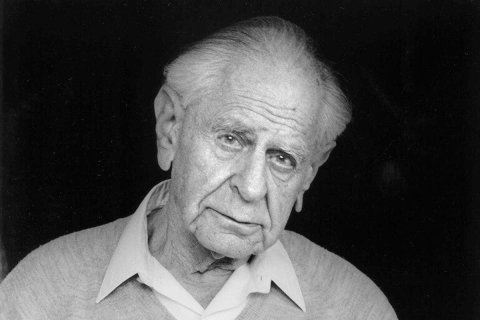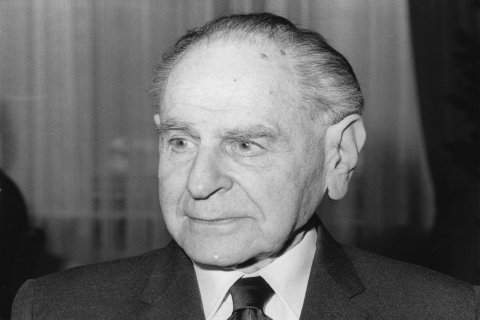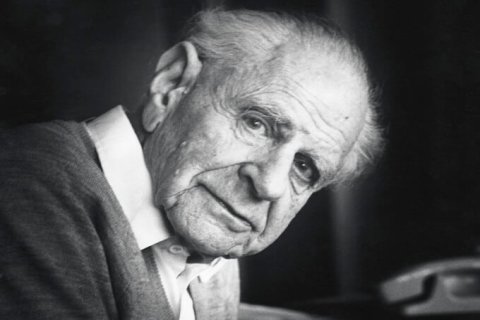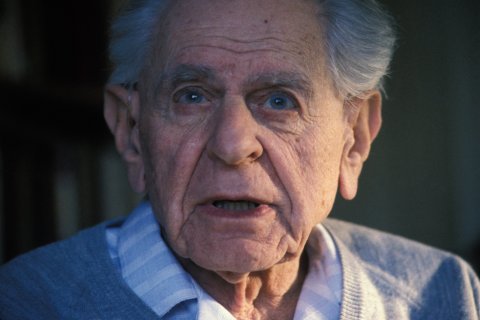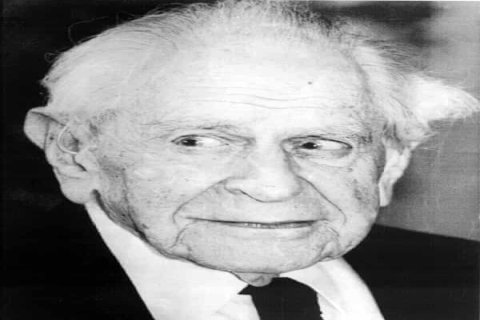Karl Popper
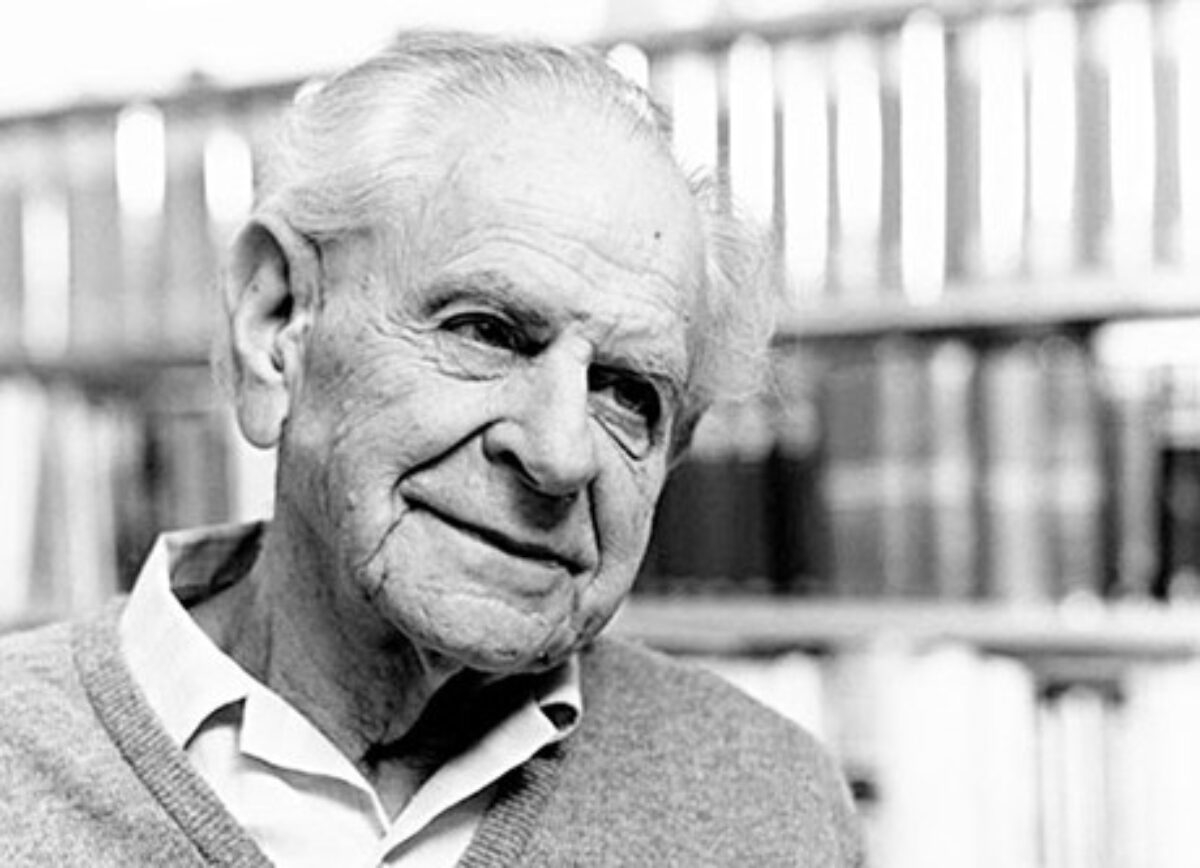
Karl Popper: A Critical Rationalist
Background
- Born in Vienna, Austria on July 28, 1902.
- Studied at the University of Vienna, earning a doctorate in philosophy in 1928.
- Taught philosophy at the University of Canterbury in New Zealand from 1937 to 1945.
- Became a professor at the London School of Economics in 1949, where he remained until his retirement in 1969.
- Died on September 17, 1994 in London, England.
Philosophical Contributions
- Known for his philosophy of science, particularly his theory of falsificationism.
- Argued that scientific theories should be tested through experimentation and observation, and that they should be rejected if they are found to be false.
- Also developed a theory of social and political philosophy, which he called "critical rationalism."
- Believed that society should be organized on the basis of reason and critical thinking, rather than on tradition or authority.
Major Works
- The Logic of Scientific Discovery (1934)
- The Open Society and Its Enemies (1945)
- Conjectures and Refutations (1963)
- Objective Knowledge: An Evolutionary Approach (1972)
- Unended Quest: An Intellectual Autobiography (1976)
Legacy
- Considered one of the most important philosophers of the 20th century.
- His work has had a major impact on the fields of science, philosophy, and politics.
- His ideas have been used to justify everything from the free market to the welfare state.
Celebrity
- Popper was a public intellectual who was often in the news and on television.
- He was also a popular lecturer and speaker.
- His books have been translated into dozens of languages and have sold millions of copies worldwide.
English Language
- Popper wrote all of his major works in English.
- He was a master of the English language and his writing is clear, concise, and engaging.
- His work has been praised for its literary as well as its philosophical merits.

